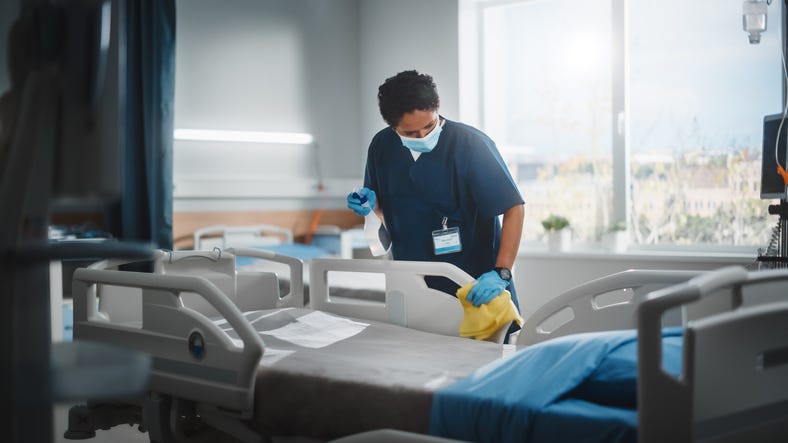
A recent study has shown that a cheap antidepressant drug may help with early COVID-19 cases, stopping the need for hospitalizations among high-risk adults who catch the virus.
The pill is called fluvoxamine and is usually used for depression and obsessive-compulsive disorder. Fluvoxamine is known for reducing inflammation, and in smaller studies, researchers found it provided promising results.
The study, co-authored by Dr. Edward Mills of McMaster University in Ontario, was shared with the U.S. National Institutes of Health. Mills shared that they are hoping for a World Health Organization recommendation.
"If WHO recommends this, you will see it widely taken up," Mills said, the Associated Press reported. He also shared that many developing nations already have the drug readily available and that they "hope it will lead to a lot of lives saved."
The cost of the pill would be $4 for the course of a COVID-19 treatment. In comparison to other early COVID-19 drugs, it would be extremely cheap. For example, antibody IV treatments cost about $2,000, and Merck's new experimental antiviral pill is about $700 per course.
Like epidemiologist Dr. Michael Osterholm, the Director of the Center for Infectious Disease Research and Policy at the University of Minnesota, some feel that treatments will be more of a common thing in the days to come.
However, he warned against relying solely on treatments when the vaccine is ready and available.
"The key message is don't even get to that place. You don't want to play roulette with this virus with a pill; you want to get vaccinated," Osterholm said. "The level of protection with a vaccine is far, far, more important right now than even having this pill."
As for fluvoxamine, researchers tested it on 1,500 Brazilians who were recently infected with coronavirus and who were at risk for severe illness because of other health problems like diabetes.
Half of those tested took the drug at home for 10 days, the rest got dummy pills. The researchers then tracked the patients for four weeks to see who needed to be hospitalized and, if they were, how long they spent there.
For those who took the drug, 11% were hospitalized or spent an extended time in the ER, compared to 16% who received fake pills.
The results from the study were published on Wednesday in the Lancet Global Health journal. The results ended up being so strong that independent experts monitoring the study recommended stopping it early because they could see it working so well.
There has yet to be a decision from the World Health Organization on whether or not to recommend the antidepressant for COVID-19 treatment.



